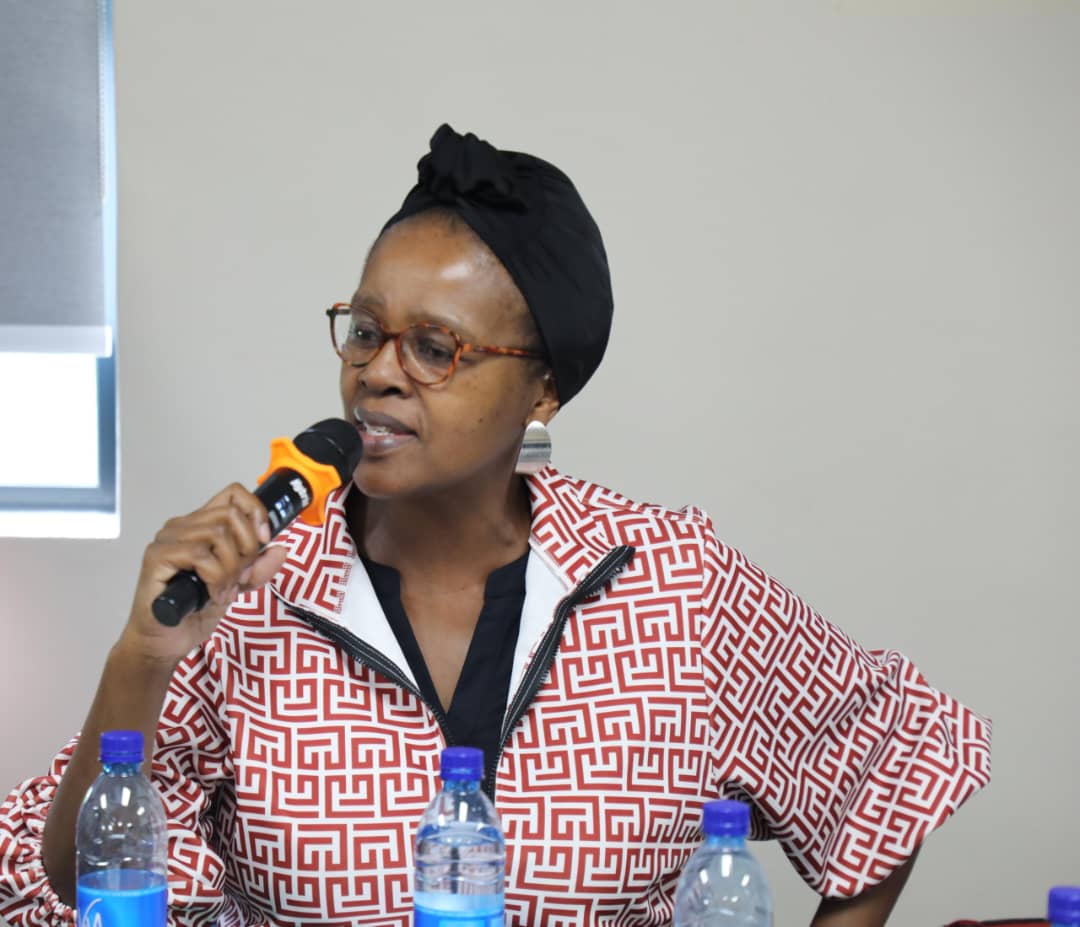By Mbono Mdluli
MBABANE – Eswatini is gearing up for the highly anticipated launch of the National Labour Market Skills Project Report on March 27, 2025, at the Royal Villas, Ezulwini. Led by the Eswatini Higher Education Council (ESHEC) in collaboration with the Eswatini Economic Policy Analysis and Research Centre (ESEPARC) and the Taiwan Technical Mission (ICDF), the report provides a roadmap for aligning education with industry needs and forecasting future skills demand.

At a pre-launch workshop in Mbabane on 14th March 2025, key stakeholders validated the report’s findings, which highlight critical skills gaps across sectors. While demand for science, engineering, IT, and creative and social sciences is set to rise over the next eight years, the need for education professionals is expected to decline.

ESHEC CEO Dr. Loretta Mkhonta emphasised the importance of cross-sector collaboration, announcing an upcoming survey on micro-credentials to offer flexible skills training. ESEPARC Executive Director Dr. Thabo Sacolo described the study as a game-changer, noting that its predictive model forecasts employment trends up to 2052.

Dr Mkhonta added that the report highlights the need for cross-sector collaboration to drive sustainable growth. It emphasises aligning primary, secondary, high school, and tertiary education with industry trends to equip graduates with relevant skills for a seamless transition into the workforce.
“Additionally, it integrates government economic plans, projecting the skills needed for key national projects. By fostering synergy between education, industry, and policy, this strategic approach supports economic growth and strengthens the country’s capacity to meet emerging industry demands,” Dr Mkhonta said.

Findings reveal that Eswatini faces one of the world’s highest skills mismatch rates, with youth unemployment at 48.7%, down from 58.2% in 2021. Key industries such as agriculture, manufacturing, mining, tourism, ICT, retail, and finance struggle to find workers with the right skills. The report urges urgent reforms, including STEM and vocational training expansion, investment in reskilling, and fostering entrepreneurship and green skills.
The study also underscores the rising demand for soft skills such as leadership, communication, adaptability, and problem-solving. “For true progress, we must prioritise gender equity and challenge cultural stereotypes,” said ESEPARC’s Tengetile Hlophe.

With employment growth expected in engineering, IT, and scientific research by 2033, the report calls for stronger industry-education partnerships and dynamic labour market forecasting to build a skilled, future-ready workforce.
Highlights from the “ENLMSP: Skills Anticipation Validation” workshop:
• The growing importance of soft skills alongside technical expertise. Communication, problem-solving, adaptability, and teamwork are just as crucial as industry-specific skills. Many sectors, including tourism, retail, and finance, struggle to find candidates with strong customer service and leadership abilities, essential for business success.
• Agriculture and agro-processing lack specialists, mining and energy suffer from a shortage of training institutions, and manufacturing lags in automation and robotics.
• Tourism needs better customer service skills, ICT qualifications often miss industry standards, and retail and wholesale require expertise in complex machinery and e-commerce.
• Finance and insurance demand blockchain and fintech skills, while construction remains reliant on vocational training, limiting modern engineering adoption.
• Despite some progress in graduate employment, the unemployment rate remains high at 38%, with many graduates waiting over three years for jobs due to competition, slow job growth, and skills mismatches.
What’s Next?
The full report will be unveiled in a groundbreaking event on 27th March 2025 at the Royal Villas, in Ezulwini, marking a critical step toward bridging Eswatini’s education-to-employment gap.



